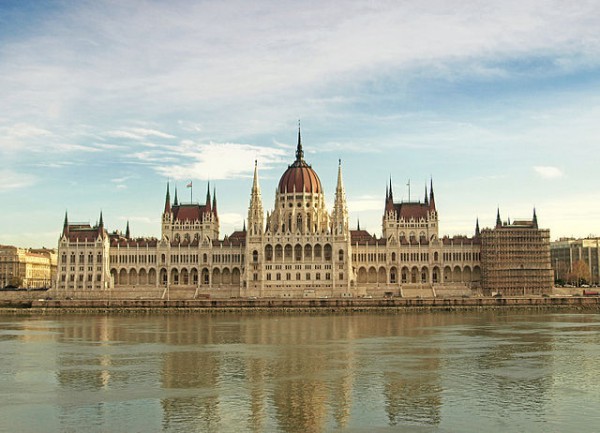
International Olympic Committee (IOC) President Thomas Bach broke his silence regarding a referendum that ended the Hamburg 2024 Olympic bid with a written statement Monday. He claimed the narrowly defeated bid (51.6 per cent rejected the proposal) represented a “missed opportunity” and that was probably heavily influenced by discussions on the financing.
He went on the say that he believed the budget was “very well-balanced.”
Under Bach’s leadership of the IOC two bids from his home nation of Germany have been defeated by referendums (Munich proposed bidding for the 2022 Winter Games), and his Agenda 2020 reforms have failed to turn around public skepticism about the bid process.

The remaining four cities bidding for the 2024 Games, Budapest, Los Angeles, Paris and Rome have until February 17 to submit guarantees for their bids – a significant milestone where campaigns have failed in the past, including Rome’s 2020 effort.
The statement from the IOC President Thomas Bach:
‘The IOC of course respects the close vote by the citizens of Hamburg. We regret the decision which should be seen in the light of the very particular and difficult circumstances the referendum was held in. This is a missed opportunity for Hamburg and Germany.
Obviously the narrow vote was greatly influenced by the discussion about the financing of the project presented by the candidate city. The budget for organizing the Olympic Games with 3.4 Billion Euro was very well-balanced, with the IOC contributing 1.7 Billion US Dollar to this budget and to the success of the Games, compared to the 1.2 Billion Euros the city wanted to invest in the infrastructure budget of 7.8 Billion Euro.
We are aware that the decision came at a time, in which Germany has to manage a historic challenge with an extremely high number of refugees coming into the country. This requires a great effort by German government and society and is causing widespread feelings of uncertainty.
The decision also may have been influenced by regrettable incidents with regard to doping and corruption in other sports organizations. This is a pity, since the IOC itself ensures transparency and good governance and applies strict anti-corruption rules with its Olympic Agenda 2020 reform programme in line with highest international standards.
The IOC is proud to have four strong candidate cities. Budapest, Los Angeles, Paris and Rome are looking with anticipation to the future of their cities and to use the Olympic project as a catalyst for positive, sustainable and feasible development. They all are already working together with the IOC to take full benefit of the reforms of Olympic Agenda 2020, which is focusing to have the Olympic Games being in line with the long-term needs of the citizens of future Olympic Cities’.


